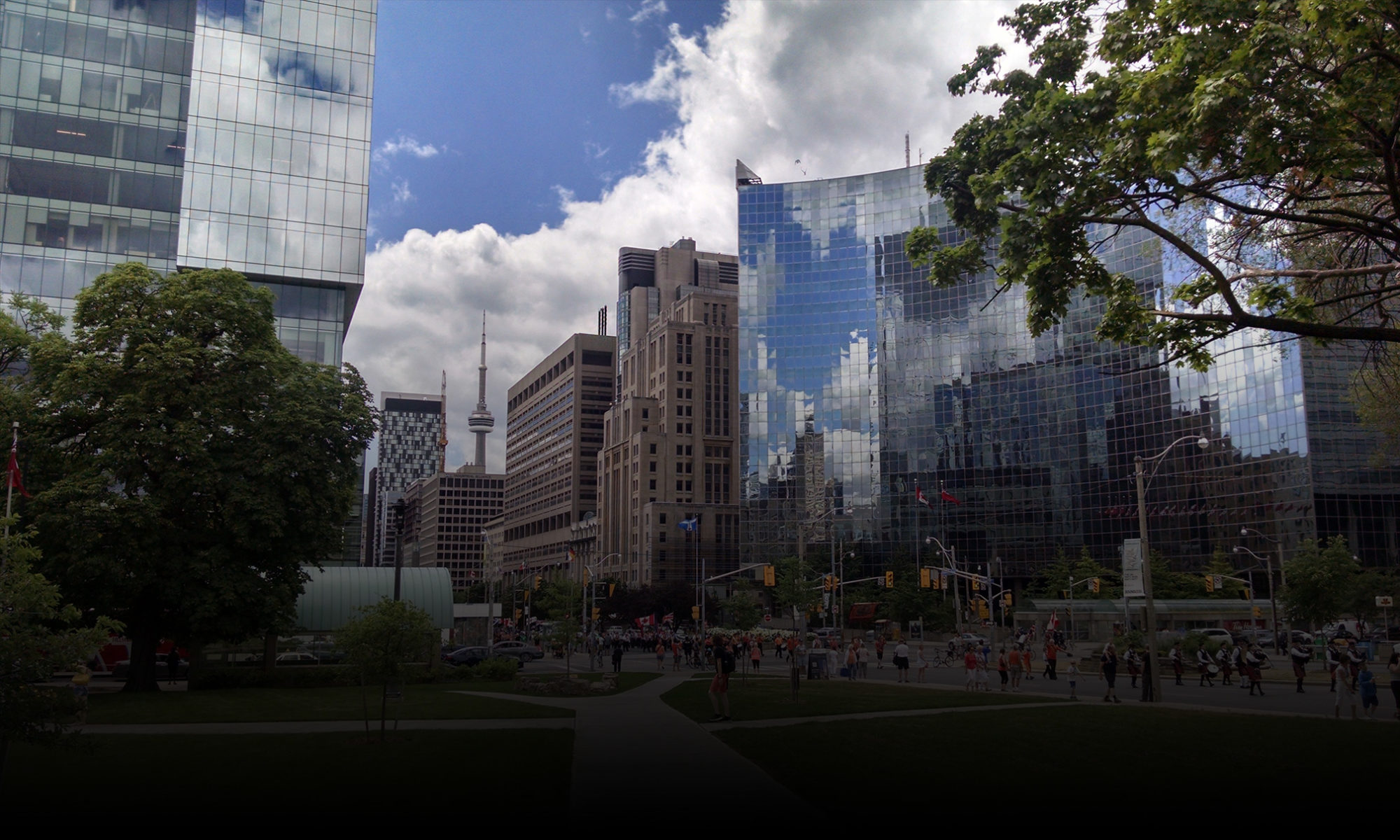Food for Thought and For Neighbors and the Friends You Will Meet
So, you’re fresh off that Labor Day get together and don’t know what to do with all of the leftover food. There’s an app for that, and a platform, and a city, and it turns out, an entire movement. The sharing economy isn’t just for rides and rooms. More and more,
it includes food.
A Smartphone App to Share Leftovers
 Whether you have leftovers to share or you are seeking some, LeftoverSwap provides a smartphone app to help facilitate the match. View leftovers near you, select and then arrange for pickup or delivery. Or, snap a picture of what you have to share and then make it available for others. The smartphone application is available for Google play or the App Store. Learn more.
Whether you have leftovers to share or you are seeking some, LeftoverSwap provides a smartphone app to help facilitate the match. View leftovers near you, select and then arrange for pickup or delivery. Or, snap a picture of what you have to share and then make it available for others. The smartphone application is available for Google play or the App Store. Learn more.
A Platform to Source, Share, and Sell Food
 In Adelaide, South Australia, RipeNear.Me, provides a platform for people to connect directly with growers or find food on public land. The site has the promise of eliminating waste at the source and even encourages more locally grown sustainable food in backyards, front yards, balconies, rooftops, vacant blocks, and other empty urban spaces. It provides a platform for growers to give away excess food or even establish a profitable ecosystem or micro farm. Join registered users in cities in 16 countries on 5 continents. Learn more.
In Adelaide, South Australia, RipeNear.Me, provides a platform for people to connect directly with growers or find food on public land. The site has the promise of eliminating waste at the source and even encourages more locally grown sustainable food in backyards, front yards, balconies, rooftops, vacant blocks, and other empty urban spaces. It provides a platform for growers to give away excess food or even establish a profitable ecosystem or micro farm. Join registered users in cities in 16 countries on 5 continents. Learn more.
A City that Embraces Food Sharing
 In the city of Galdakao, in the Basque town in Northern Spain, the Association of Volunteers of Galdakao, under leadership from Alvaro Saiz established the Solidarity Fridge. The communal refrigerator sits on a city sidewalk with a fence around it. Anybody in the town of 30,000, can deposit food or help themselves to what’s inside. Simply stop by and grab what you need. Mayor Ibon Uribe, upon hearing the idea, immediately supported it with a small budget to get it started and to sustain its operation. A physical refrigerator in plain view is especially valuable for those without internet access or smartphones. The group wants to build a network of communal refrigerators and invites others to join. Learn more.
In the city of Galdakao, in the Basque town in Northern Spain, the Association of Volunteers of Galdakao, under leadership from Alvaro Saiz established the Solidarity Fridge. The communal refrigerator sits on a city sidewalk with a fence around it. Anybody in the town of 30,000, can deposit food or help themselves to what’s inside. Simply stop by and grab what you need. Mayor Ibon Uribe, upon hearing the idea, immediately supported it with a small budget to get it started and to sustain its operation. A physical refrigerator in plain view is especially valuable for those without internet access or smartphones. The group wants to build a network of communal refrigerators and invites others to join. Learn more.

This isn’t the only Solidarity fridge. A similar movement in the Saudi Arabian city, Ha’il with 10 times the population, 356,876, was sparked by one man who installed a “charity fridge” outside his house. He felt that this did some good but spared the needy the shame of asking for food. Imagine other refrigerators similarly placed in public places. Learn more.
Would the mayor or city manager in your city have the courage to add a solidarity fridge? How about leadership at your church or mosque?
An Entire Movement to Drastically Reduce Food Waste and Loss
 Solidarity Fridge was inspired by a larger initiative that began in Germany, namely, Foodsharing.de. Using the website, individuals who have food that is still good but cannot use it, can connect to people who need food. But, it isn’t only individuals. Supermarkets and bakers are participating in over 240 German cities along with 41,000 people. In the first year of operation the website received over 1 million visitors. People don’t have the stigma of registering with a food bank and then subsequently waiting in line. It is more dignified. Volunteers known as Foodsavers are happy to do their part in picking up food from bakers, etc., saving food from waste, and making the world a little better place. Learn more.
Solidarity Fridge was inspired by a larger initiative that began in Germany, namely, Foodsharing.de. Using the website, individuals who have food that is still good but cannot use it, can connect to people who need food. But, it isn’t only individuals. Supermarkets and bakers are participating in over 240 German cities along with 41,000 people. In the first year of operation the website received over 1 million visitors. People don’t have the stigma of registering with a food bank and then subsequently waiting in line. It is more dignified. Volunteers known as Foodsavers are happy to do their part in picking up food from bakers, etc., saving food from waste, and making the world a little better place. Learn more.
Reduced Food Waste is Sorely Needed
It’s a great thing the sharing economy includes food with more and more thoughtful people and organizations participating. According to projections by the World Resources Institute, by 2050 we’ll need to feed 9.6 billion people. And, according to estimates by the U.N. Food and Agriculture Organization (FAO), one-third of all food produced worldwide, every year, goes to loss and waste. Food produced and not eaten is a huge cost, not just to producers but to society. Factor in the natural resources used for growing, processing, packing, transporting, and marketing and the cost of wasted and lost food increases dramatically.
So, before you dump those extra ribs or rice or whatever leftovers you might have this Labor Day or any day, think about sharing with another human before you share with the compost bin. Your neighbors will thank you. The stranger about town will appreciate your gesture. And, who knows, you might just make a new friend in the process.
More “impossible” ideas about the future of Food and Comfort in Chapter 7 of
L’ impossi preneurs: A Hopeful Journey Through Tomorrow.
About the Author
Gregory Olson is the author of The Experience Design Blueprint, a book about designing better experiences and then making them come true.
His latest book is L’ impossi preneurs: A Hopeful Journey Through Tomorrow, a light-hearted and deadly serious book to spark conversations among global citizens. In a brighter future, we all live more meaningful lives, governments invest in people and sustainable progress, and technology serves humans. Visit Press-Kit to learn more.
 Gregory Olson founded strategy and design firm Delightability, LLC. with the belief that if you delight customers then success will follow. He believes that we all have the potential to do better, as individuals, organizations, and communities, but sometimes we need a little help. Gregory also serves as a volunteer board member for Oikocredit Northwest, a support association for social investor and financial institution, Oikocredit International.
Gregory Olson founded strategy and design firm Delightability, LLC. with the belief that if you delight customers then success will follow. He believes that we all have the potential to do better, as individuals, organizations, and communities, but sometimes we need a little help. Gregory also serves as a volunteer board member for Oikocredit Northwest, a support association for social investor and financial institution, Oikocredit International.

